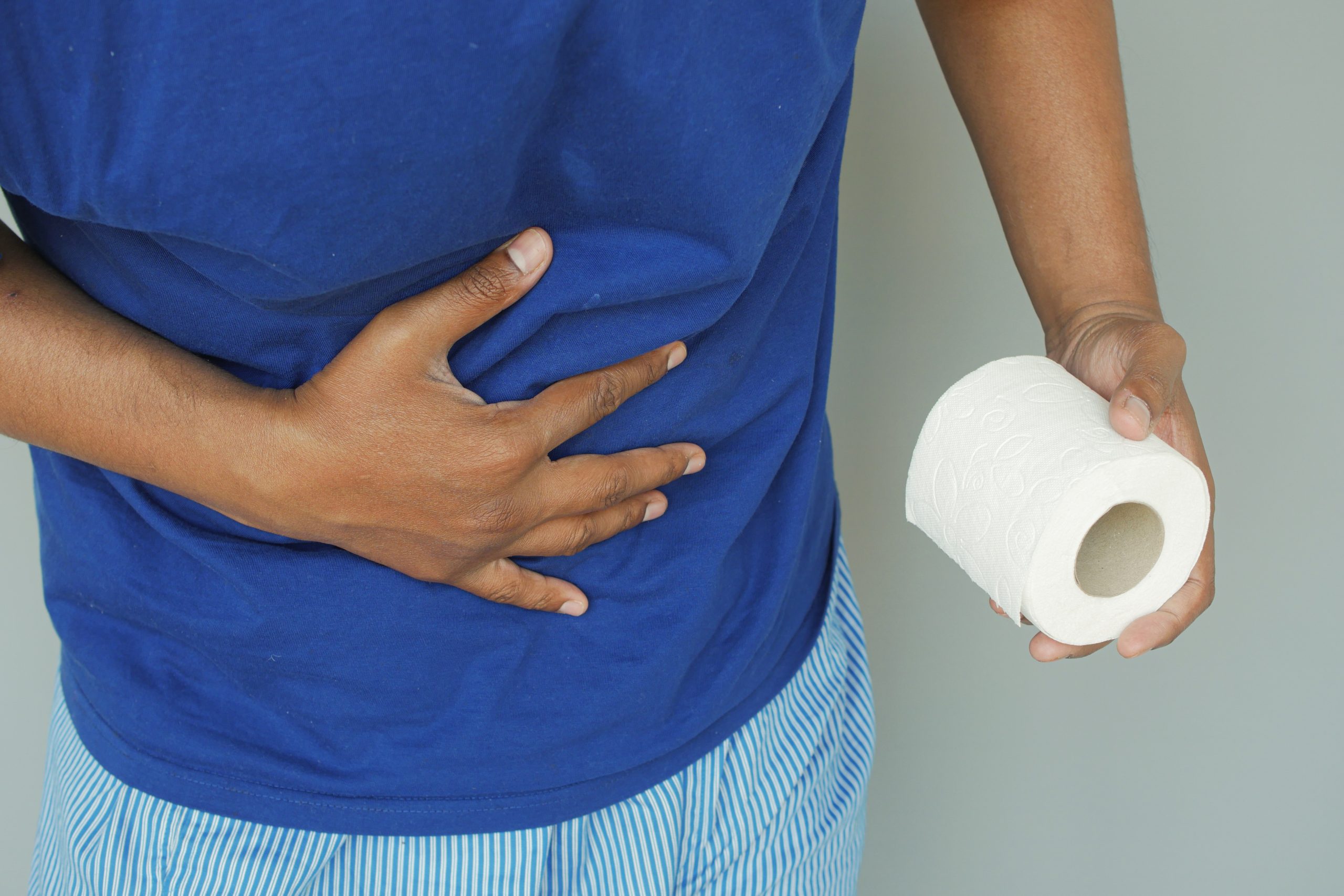What You'll Learn:
- Learn why black stool after drinking might indicate a problem and when to seek medical advice.
- Discover how alcohol, particularly red wine, can affect stool color and whether black stool without blood after drinking alcohol is something to worry about.
- Explore the connection between alcohol consumption and gastrointestinal health, including whether alcohol can cause black stool.
For people who drink alcohol, noticing changes in bodily functions can be alarming, especially if it's something unusual like a black-colored stool. While a change in stool color is not always a cause for concern, there are instances where it can indicate underlying health issues, particularly involving the digestive system.
Can Alcohol Cause Black Stool?
Yes, particularly if the alcohol has irritated your gastrointestinal (GI) tract or triggered internal bleeding. However, not all black stools after drinking are a medical emergency. Sometimes, black stool can result from the type of alcohol you consumed or certain foods that were eaten alongside alcohol. For instance, black stool after drinking red wine is not uncommon due to the pigments in red wine.
That said, when black stool is accompanied by other symptoms such as abdominal pain, vomiting, or dizziness, it could indicate gastrointestinal bleeding and should be addressed immediately.
What Causes Black Stool After Drinking?
Black stool after drinking alcohol can occur for a variety of reasons, ranging from benign to serious:
- Gastrointestinal Bleeding: One of the most concerning causes of black stool is bleeding in the upper gastrointestinal tract, such as the esophagus, stomach, or small intestine. Alcohol can irritate the stomach lining, leading to bleeding, which may cause black, tarry stools. This condition, known as melena, happens because the blood has been partially digested as it moves through the digestive system, giving the stool a black appearance.
- Red Wine Consumption: Drinking certain types of alcohol, particularly red wine, can sometimes result in dark or black stool. This is usually due to the pigments in the wine, rather than a serious health issue. However, it’s important to differentiate between black stool caused by food or drink and black stool that might indicate bleeding.
- Dehydration and Constipation: Excessive alcohol consumption can lead to dehydration, which in turn can cause constipation. Hard, dry stools may appear darker in color. In some cases, this could result in black stool without blood after drinking alcohol.
- Iron Supplements or Foods: Certain foods and supplements, such as those high in iron, can also contribute to darker stools. If you’ve consumed alcohol along with iron-rich foods or supplements, this could explain the color change.
When to Be Concerned About Black Stool After Drinking Alcohol
While black stool after drinking can sometimes be harmless, it’s essential to pay attention to accompanying symptoms that might signal a more serious problem. You should seek medical attention if you experience any of the following:
- Persistent black stools: If the black color in your stool continues for more than a day or two after drinking alcohol, it’s a good idea to consult a healthcare provider.
- Pain or discomfort: If you have abdominal pain, cramping, or discomfort along with a black stool, this could indicate gastrointestinal irritation or bleeding.
- Other symptoms of GI bleeding: If you notice symptoms such as vomiting blood, dizziness, or weakness, these could be signs of a more serious condition such as an ulcer or esophageal varices, and immediate medical attention is required.
- Melena: True melena (black, tarry stools with a distinct foul odor) is often a sign of internal bleeding, and it’s crucial to have this evaluated by a healthcare provider right away.
What Is the Difference Between Black Stool and Dark Stool?
It’s important to differentiate between truly black, tarry stool and dark brown stool. While black, tarry stool usually signals bleeding in the digestive tract, darker-than-usual brown stool can be caused by certain foods, medications, or alcohol. For example, black stool after drinking red wine is typically dark due to the colorants in the wine, not because of bleeding. However, if the stool is pitch black and has a tar-like consistency, this is more concerning and should not be ignored.
What Does Black Stool Without Blood After Drinking Alcohol Mean?
This could be the result of pigments from drinks like red wine or dark beer. Alternatively, it could be caused by constipation due to dehydration from drinking. Without the presence of blood, the black color is usually less concerning but should still be monitored.
What Steps Should You Take If You Notice Black Stool?
If you notice black stool after drinking alcohol, it’s important to assess your overall symptoms and take appropriate action:
- Monitor your stool: Keep track of how long the black color persists. If it’s only a one-time occurrence, it may be linked to what you drank or ate. However, if the stool remains black, it could be a sign of something more serious.
- Hydrate and rest: If the black stool is related to dehydration or constipation, rehydrating and resting may help alleviate symptoms. Avoid alcohol until your digestive system has had time to recover.
- Consult a doctor: If you have any concerns, particularly if you experience black, tarry stools or other symptoms like pain or nausea, see a healthcare provider to rule out gastrointestinal bleeding or other serious conditions.
How Can You Prevent Black Stool After Drinking?
The best way to prevent black stool after drinking is to moderate your alcohol intake or eliminate alcohol entirely if you’re experiencing digestive issues. Eating a balanced diet, staying hydrated, and avoiding excessive consumption of dark-colored drinks (like red wine or dark beer) can also reduce the likelihood of dark stools.
Should You Be Worried About Black Stool After Drinking?
In many cases, black stool after drinking alcohol is not a serious issue, especially if it’s related to specific drinks like red wine or is caused by dehydration. However, persistent black stools, particularly those that are tarry or accompanied by other symptoms, should not be ignored. Monitoring your symptoms and seeking medical attention when necessary is crucial for protecting your health.
If you’ve experienced black stool after drinking alcohol and are concerned about the effects of drinking on your health, it may be time to seek help. At American Recovery, we offer comprehensive support for those struggling with alcohol use and related health issues. Contact us today at 866-484-2502 to learn more about our programs and how we can help you take control of your health and well-being.


